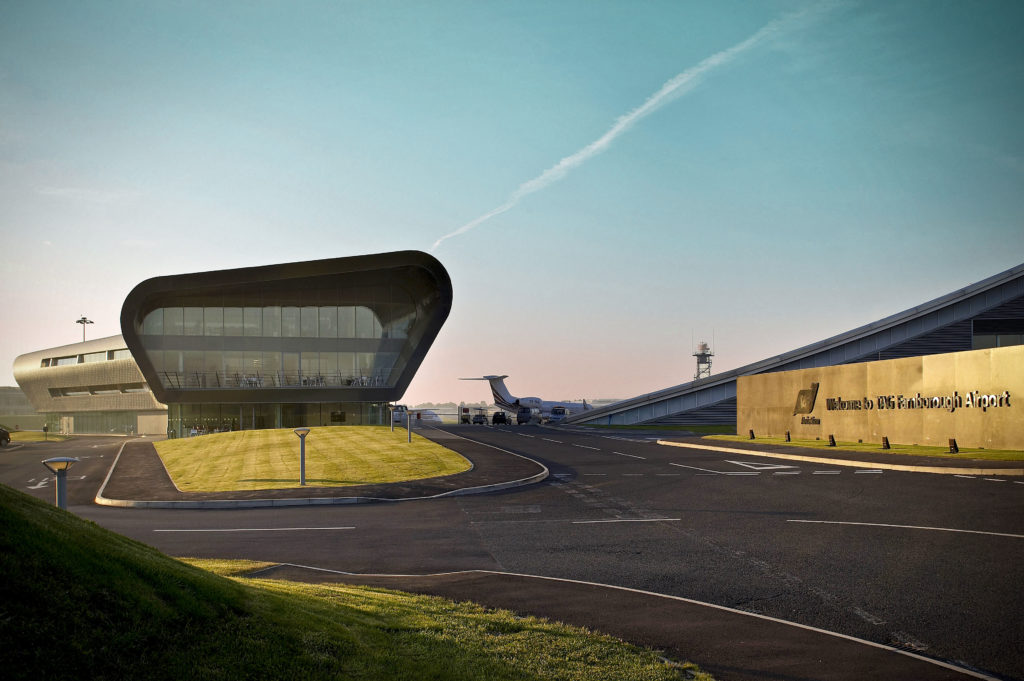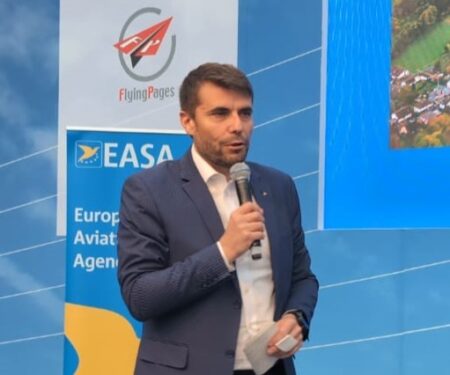Four men who hired a private jet to smuggle half a tonne of cocaine into the UK from Colombia have been jailed for a total of 92 years following a National Crime Agency (NCA) investigation.
A jury found the four men guilty of the importation of class A drugs via Farnborough Airport following a four-week trial at Woolwich Crown Court.
Martin James Neil, 49, Alessandro Iembo, 28, both from Bournemouth, and Spanish national Victor Franco-Lorenzo, 40, were sentenced to 24 years each.
Jose Ramon Migueles-Botas, 56, also a Spanish national was sentenced to 20 years. A fifth man, who was also on trial, was found not guilty.
What happened?
They were arrested in January 2018 following the class A seizure by Border Force officers at Farnborough Airport. The cocaine – which was 79% pure – had a wholesale value of £15,390,000 (US$19.7m) and an estimated street value of £41,040,000 (US$52.6m).
The seizure sparked an NCA investigation into the crime group and a parallel investigation in Colombia, where a further five people were arrested.
The UK group had posed as businessmen involved in the world of cryptocurrency and the music industry to hire the jet, claiming they were travelling to Bogota to see musician Bruno Mars.
The trip was organized with Diamonte Jets by a female associate who arranged for the five men to fly out to Colombia on January 26, 2018, and paid the £138,500 (US$177,712) for the hire of the jet in cash. She requested that a specific company, Central Charter, handle the flight on arrival in Bogota.
NCA investigators identified that the associate had arranged an almost identical trip for three members of the crime group in December 2017, with the only difference being the jet made a stop in the Azores on its return journey.
In the lead-up to the January trip, Jose Ramon Migueles-Botas traveled to the UK from Spain and checked into a hotel in Bournemouth, close to where Martin Neil and Alessandro Iembo were living at the time.
On 25 January, they all traveled to a hotel in London, where they stayed the night. The next day, luxury cars arrived to take them – along with their 12 suitcases – to Luton Signature Airport where they boarded the private jet to Colombia.
Colombian police identified that the Bogota-based criminals used a range of tactics intended to help the illegal transaction go undetected, including the use of armored vehicles to transport the drugs and a bogus policeman with fake sniffer dog to ‘inspect’ the luggage before it was re-loaded onto the plane.
The group flew back to Farnborough Airport in the UK county of Hampshire three days later, at which point their now 15 suitcases were selected for further inspection by Border Force officers. The officers recovered 513 individually wrapped blocks of cocaine. All four men claimed they were unaware the drugs were in their cases.
Officers also seized multiple mobile phones from them, one of which was an encrypted, self-wiping phone belonging to Iembo. Call data recovered from the phones would later tie them all to each other and the conspiracy.
Ian Truby, from the National Crime Agency, said, “These men deviated from their seemingly normal lives as bricklayers and waiters to play high-flying businessmen, using luxury cars, hotels and even a private jet to try and pull off a plot they thought would make them millions.
“Although this was not a particularly sophisticated smuggling attempt it clearly had significant financial backing. The loss of profit that would have been made from this seizure will be a huge hit to the wider criminal networks involved.
“Some, if not all, of these drugs were destined to be sold here in the UK by gangs who enforce control using violence, intimidation and exploitation. This group had no thought for the damage their actions would cause and even pretended they made the trip to carry out charity work.
“This was undoubtedly a significant seizure made by our Border Force colleagues. Together, we work tirelessly to protect the integrity of the UK border, targeting those who seek to exploit perceived vulnerabilities and bring them to justice.”





